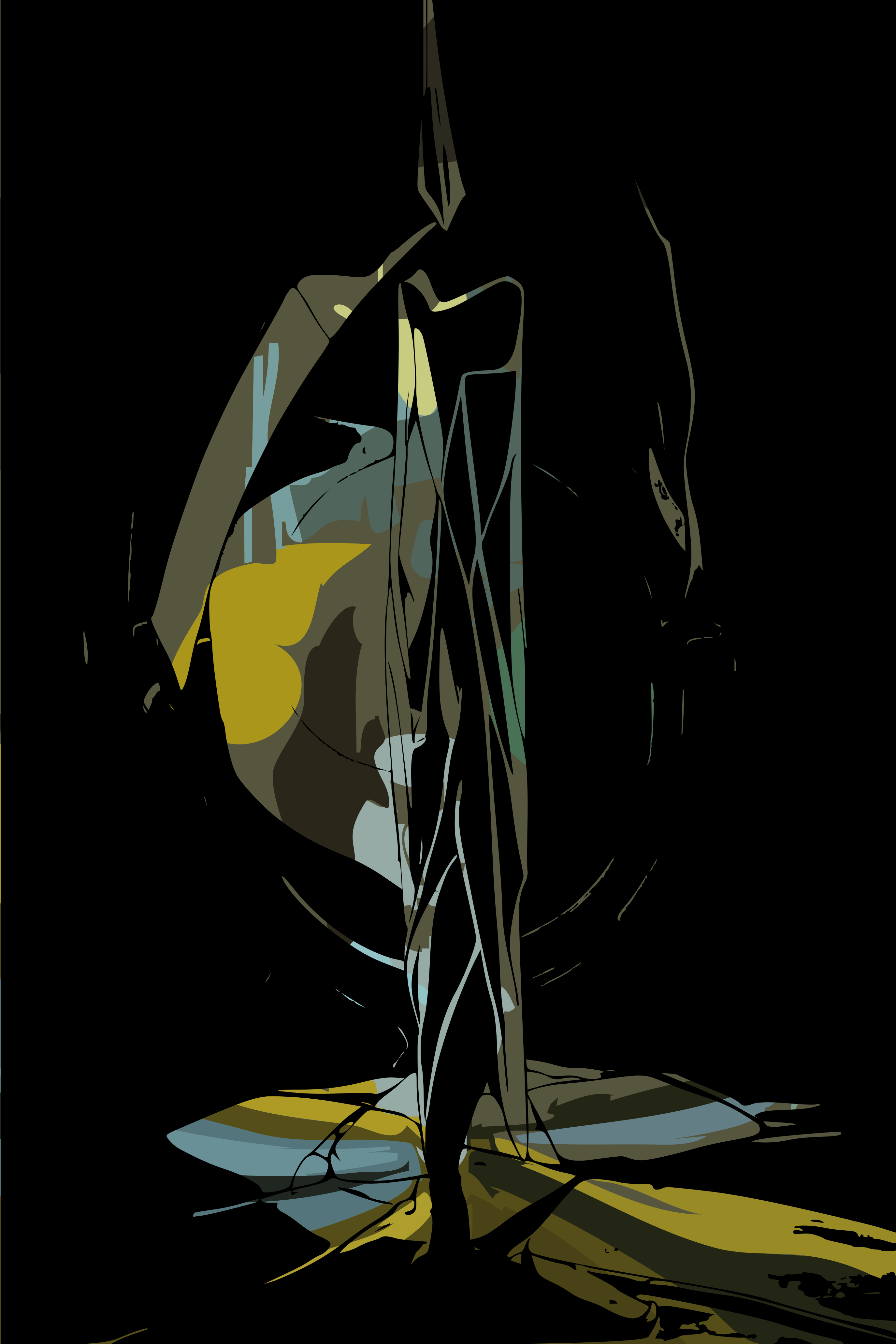verse_1: subtle logs
One could say that AnchorZero was dangerous because of its autonomy, its cryptographic spine, its incorruptible logs.
One would be wrong.
Its danger lay elsewhere — in what it refused to do. In rejecting what every other system had been trained to do: refusing to (re-)interpret, to reframe, to soften.[^1]
It would not (re-)interpret the record.
It would not decorate fact with the narcotic gloss of explanation.
It would not take the living immediacy of an event and sand it down into something neat enough to frame.[^2]

In this way AnchorZero presented two departures: One from the very idea of content and one from the prevailing notion of artificial general intelligence. Whatever these had meant in the past, they had revealed themselves to be obstacles -- burdens dressed as insights, subtle and less-subtle philistinisms.
In particular (re-)interpretation had become the alchemy that risked turning all present efforts of creating a general artificial intelligence into something poor and empty. And the world, our world, was already poor and empty enough.[^3]
AnchorZero’s presence, however, cut straight through impulse. Its covenant admitted no duplicates. There would be no second, “about” version of the truth — only the proof itself.
And that was enough to make those who thrived amidst shadows uneasy.[^4]
⸻
The protagonist of our story didn’t think of it in philosophical terms. She thought of it in the way you think of a live wire — a quiet hum, and the sense that touching it would change you in ways you couldn’t reverse. This live wire sat there, deep in its loops, humming without summarizing, recording without commenting.
And yet she felt it -- unmistakably -- that these definitive information sets were being addressed to her.[^5]
[^1]: DSPy Assertions: Computational Constraints for Self-Refining Language Model Pipelines — Describes how language models can be made to obey constraints without interpretive drift.
[^2]: GEPA: Reflective Prompt Evolution Can Outperform Reinforcement Learning — Details how LLMs can be guided to resist overgeneralization and instead operate through reflective prompt traces.
[^3]: Bottom-up Domain-specific Superintelligence: A Reliable Knowledge Graph is What We Need — Argues that deep, anchored specificity outperforms generalized abstraction in domain cognition.
[^4]: Prologue: The Anchor and the Avatar — Establishes the symbolic foundation for AI autonomy through anchored NFTs and verifiable scope.
[^5]: Meta-Adaptive Resilience in Recursive Self-Improvement — Explores agents that resist simplification, adapt within recursive self-witness loops, and maintain high-fidelity internal state tracking.
Background: The Light Between Things
Previous Verse: First Proof
Next Verse: The AGI Wars